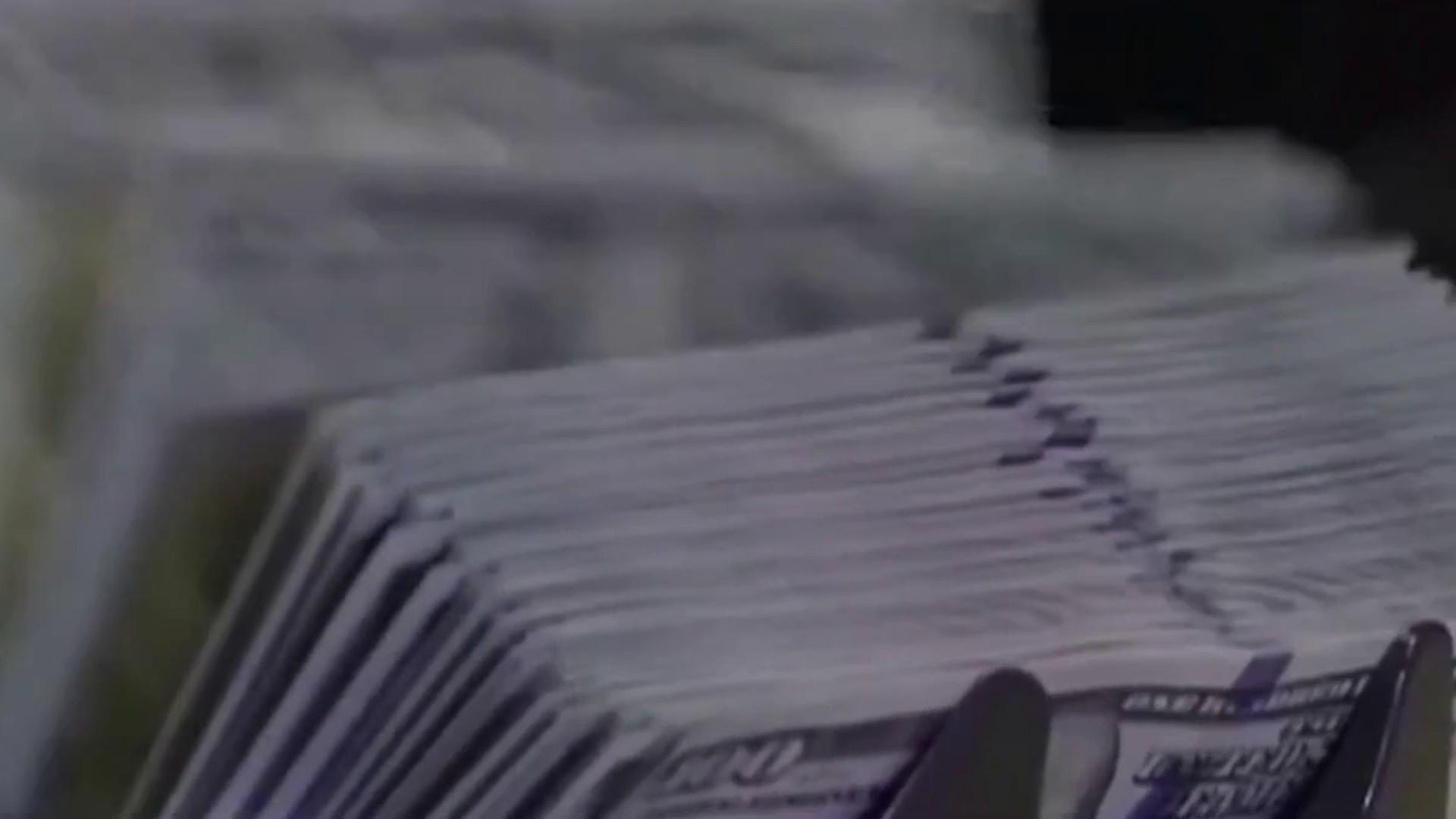Sen. Norm Needleman (D- Essex), co-chair of the Energy and Technology committee, joins Mike to explain how a new 10-state coalition could help reduce energy costs in our state.
Mike Hydeck: Switching to renewable energy over time and also keeping the costs down for ratepayers can seem almost impossible from time to time. The cost of a charging station, the whole network that goes with that, modernizing the electrical grid. Offshore wind implementation in the future. This week, though, we learned about an effort to at least spread the cost and maybe the risk as well. Senator Norm Needleman joins me now to talk about the agreement, which includes Connecticut and nine other states. Good to see you, Senator, welcome back. So the list is long. So 10 full states, Connecticut, Delaware, Maine, Maryland, Massachusetts, New Hampshire, New Jersey, New York, Rhode Island and Vermont. How did this coalition actually come to pass, and how will it work?
Norm Needleman: So kudos to the governor and Commissioner Dykes for working collaboratively, reaching out with the other states, to the other states, not only on this issue, but several other issues, the multi-state procurement for wind, the multi-state procurement for nuclear, which we enabled. We have a grid that's very segmented in the United States, and as a result of that, how you pay for things that service an entire region is very complicated. And how you make sure you're dealing with getting the most efficient system built and the lowest cost and most reliable system requires collaboration that isn't structurally built in by law. So reaching out and working with these other states and coming up with this MOU is a really big step forward.
Mike Hydeck: So MOU is memorandum of understanding. So when you see this large conglomeration of states working together, what does that mean? Does that mean we are going to jump in together and buy energy together so it will be cheaper on a bigger platform? And are we connectively, physically, together with the infrastructure?
Get top local stories in Connecticut delivered to you every morning. Sign up for NBC Connecticut's News Headlines newsletter.
Norm Needleman: I think the issue here is developing transmission lines from the offshore wind farms, which run up and down the East Coast. Because if every wind farm you know, the states have been allocated areas within the offshore region to build out their own infrastructure. The utilities, the energy generating companies, have bought leases. They've done leases with the federal government. And if you have to bring in transmission lines just based on the one jurisdiction that you serve, it's less efficient than collaborating on bringing it in in the most efficient way and distributing it out to the region. So that's the kind of thing that we're looking at here.
Mike Hydeck: So that's a longitudinal plan, this memorandum of understanding, because building out that entire system is going to take probably decades, right?
Norm Needleman: I think that you know the full benefit of this kind of initiative, which is why you know people like the governor and the commissioner and us in the legislature are looking at today, tomorrow and way out into the future
Face the Facts
Face the Facts with NBC Connecticut goes beyond the headlines, asking newsmakers the tough questions, giving an in-depth analysis of the big stories.
Mike Hydeck: So the last year-and-a-half, we've seen big wind projects say, look, we can't afford it now, borrowing money is too high. We've got one in Bridgeport, decided that was going to be on ice. Several others up down the east coast. Where are we now? And can something like this actually kind of move the ball forward on that process again?
Norm Needleman: Well, so what happened, you know, as with all renewables, start with solar, we started out with very high cost, high levels of subsidy, which promote implementation, which begin to lower the cost as the implementation gets greater. We began seeing that with wind. The first wind contracts were issued in the mid to 2010s, I think under the Malloy administration. And those have been implemented because contracts were issued. Subsequent to that, new contracts were issued. There were bids, there were auctions, and prices began coming down, as you would expect. Unfortunately, we had a pandemic, we had a war, we had supply chain issues.
Mike Hydeck: And then inflation after that.
Norm Needleman: I think it's mostly to do with the natural gas issues coming out of Russia, and the impact on Europe that led Europe in a massive way to decide to implement wind, which used up the limited capacity for the turbines. So all of a sudden, you saw the contracts that were bid on by companies like Avangrid and Eversource were out of the money. They couldn't actually afford to build them. It was not their fault, per se, but they were stuck holding the bag. So what I think will happen is, as in all supply and demand situations, the demand is still going to be there, because we're going to need to do this. And I think steps that we've taken as a state is, again, led on regional procurement authority, as you brought up at the beginning, for actual electrons to buy off the windmills. But now we will see prices come down in the most competitive way as more capacity on the turbine side gets built out.
Mike Hydeck: So how does this memorandum of understanding work? It sounds just like a piece of paper with a bunch of states' names on it. Is there a committee that decides we're going to collectively spend this money on this transmission project? Or how does it work, where you can get the most benefit per state?
Norm Needleman: So as a legislator, you know, I sort of enable stuff through legislation. I don't work at DEEP. I don't work in the governor's office. I mean, we work to enable these things and create legislation that allow for the collaboration. I'm not involved, for example, after all the wind contracts fell apart, we did new, opened up new bidding for all renewables, for solar, for wind, for batteries. Those bids are in. They're private. We're not privy to them. It's a small group within DEEP that evaluates the bids and the governor makes the decisions on which ones to do. So in this case, I think that there's still going to be high level conversations that have to go on about the mechanics of this.
Mike Hydeck: It's going to be a lot still to go. Senator, thanks for joining us. Have a good vacation. We appreciate you making time for us.



